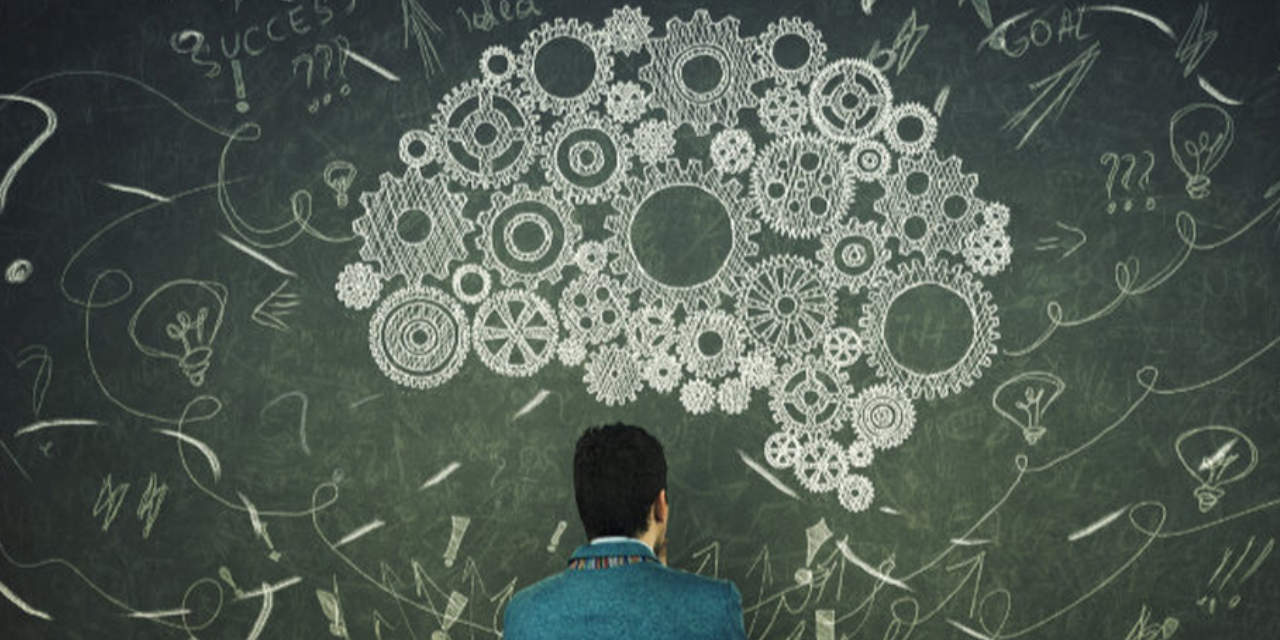Wisdom is a lot of things. Theoretically, it might be seen as an exceptional level of human functioning—a balanced approach to emotional, motivational and intellectual aspects of life. But wisdom is more than theory. Much more.
Wisdom is the difference between navigating life’s twists and turns, and succumbing to them. It’s the ability to accept what needs to be accepted, and change what needs to be changed. It’s knowing when to walk away and when to stay; when to stay silent and when to speak. It’s about helping yourself, and maybe others, to see things in a new way.
But not everyone displays wisdom, and even those who do often do so erratically. So, what makes some people wise, and others not so much?
For me, wisdom is an interplay of seven aspects of life. No single aspect stands alone—each relies on at least one other to play its part, giving wisdom its value and power.
Knowledge: Wisdom relies on knowledge. Without it, you have nothing to offer yourself or others. It may be knowledge about a specific subject, or an area of life such as business, relationships, or finances. Wisdom doesn’t require knowing everything—you know what you know, and wisdom draws on that.
Understanding: Knowledge on its own is just knowledge—understanding gives you the ability to apply it to situations. It takes the information stored in your brain and makes sense of it.
Experience: Knowledge and understanding flow from experience. You can read every self-help manual, but unless you have first-hand experience of applying what you know, it’s all just words and ideas. Experience provides the fertile ground for knowledge to grow.
Age: You aren’t born with encyclopaedic knowledge or boundless experience. Those things come as years unfold. But age itself is no guarantee of wisdom. We all know an old fool, and you may know a wise young person.
Learning: Wisdom is never complete. It never rests on its laurels. Wisdom relies on a hunger to learn—not just from books and courses, but from life. Every encounter can teach you something, and a truly wise person never stops learning.
Self-regulation: Armed with knowledge, understanding and experience, you still need the ability to exercise self-regulation—to manage your behaviour, emotions and actions appropriately. Knowing how enthusiastic or calm to be, how forceful or gentle, will determine whether your wisdom is received gratefully or discarded.
Empathy: Finally comes what is, in my view, the most critical element—the capacity to empathise. You can know the answer and be clear on exactly what’s to be done, but if you can’t put yourself in the place of the person seeking your counsel, whether you deliver your input appropriately is left entirely to chance.
So, who in your life displays these seven characteristics? Who in your life is truly wise?
Ask yourself if you spend enough time with that person, seeking their wisdom. Have you let them know how much you value them? And crucially, how can you tap into their wisdom when you need to?
Second, in a world where you have much to offer, how wise are you? When measured against these seven criteria, how do you fare? What aspects do you need to work on?
You have knowledge, experience and understanding, but are you using these well? You have the capacity for self-regulation, but do you use it? And you’re likely capable of empathy, but how often do you walk in someone else’s shoes?
Make an honest appraisal of yourself in each area, and identify where you can improve, so that you offer wisdom not just to yourself, but to those who seek it from you.

